
It was the unlikeliest of circumstances: a collision of fate, politics and passion that occurs perhaps once in a lifetime.
At President Obama’s request, our family moved to Israel to strengthen an already strong, but often tempestuous American-Israeli alliance and to promote his Administration’s broader agenda.
Our “shlichut” in Israel—our service in the Jewish state as American emissaries—would see the tail end of war and waves of terrorism; titanic struggles over policy, including over how to stop Iran’s nuclear program; and painful rifts during the transition from one president to the next.
Intermingled with this political drama, these three years had a transformative effect on our family, giving us much to reflect upon as we prepare to move back to the United States.
The experience taught us that Israelis have a tremendous capacity for progressive social change, a phenomenon that is all-too-often overshadowed by the worsening and dangerous stalemate in Israeli-Palestinian relations. It also allowed us to experience first-hand the new dynamism and mutually beneficial connections that are defining Israel-Diaspora relations.
Israel’s Public Education Renaissance
Perhaps predictably, our family journey in Israel began with a school search.
Leaving the cocoon of a synagogue pre-school and the intimate microcosm of a Jewish day school environment, we were suddenly faced with a wide variety of choices—options that reflect a budding renaissance in public education in Israel.
Our first discovery was that Israel has more choices than ever before.
From magnet and mixed religious/secular schools, to “democratic” and non-Orthodox religious schools, to the ultimate experiment in bilingual, mixed Jewish-Arab schools, the options are dizzying. There is even an all-outdoor “forest” kindergarten.
Unlike in America, private schools remain a rarity. And yet, the public education sector is becoming more and more flexible, adaptive and better funded. Anyone fixated on the latest Kotel dispute, for example, should keep in mind that in other social arenas pluralism is the defining feature.
Many of the latest innovations have a dual-purpose to better prepare children for 21st century challenges and to strengthen social cohesion in this most diverse of societies.
We made our choice and found a cherished elementary school, one of the oldest in the country, which is co-located with a pre-school and kindergarten. The schools serve Kfar Shmaryahu, Moshav Rishpon and the southern reaches of the “Hof Ha’Sharon” coastal region near Herzliya.
Our second discovery was that we were arriving in Israel at the cusp of the Jewish State’s new, grand experiment in early childhood education.
Publicly-funded pre-school was now available to all children from the age of three. It was a decidedly progressive policy move by a government led by Prime Minister Netanyahu that is all-too-often characterized outside Israel as “right-wing.”
Our youngest son, Gabriel, who turned three just before we moved to Israel, benefitted the most and attended the same municipal “gan” for the entire three years.
Responding to more and more research about the critical role in development played by early childhood education and adapting to changing work/life patterns in a society where more families have two working parents, Israel has reset the clock and public education now begins at age three.
Moreover, the day has been lengthened, typically until 2 p.m., and the country continues to experiment with a range of subsidized summer camp models that address long-standing family needs for affordable summer programming, as well as fostering stronger community ties.
Our son Ilan took a particular delight in the municipal summer camp and its intimate, nurturing atmosphere.
Life in the “Village”
With these schools serving as the principal anchors of our family life, we were quickly swept up into the singularly Israeli experience of a tight-knit community based on social solidarity and common purpose.
Kfar Shmaryahu, a village on the edge of the greater Tel Aviv metropolis, is a storied Israeli community founded by Jewish pioneers from Central Europe in 1937, during what is known as the Fifth Aliyah.
Today—at least in the public’s imagination—it is synonymous with wealth and privilege.
Yet we discovered something else, in the “Kfar” and in its lesser-known, yet also storied neighbor Moshav Rishpon. These are uniquely Israeli communities that blend national pride; a thriving Jewish life; an independent, entrepreneurial spirit; high culture; and a zest for life that manifests in everything from the annual children’s triathlon to the innumerable enrichment activities (“chugim”).
Our oldest son, Alex, joined the local chapter of the tsofim, or Israel Scouts, part of a chapter that changed its name nearly five decades ago to commemorate three alumni who fell in the Yom Kippur war.
The town rabbi, Ori Einhorn, serves as a beloved educator, community leader and a beacon of tolerance and moderation. His regular visits to the elementary school and the kindergarten are the delight of many children and their parents, and his chairing the 2nd grade ceremony where our son received his first copy of the Book of Books was a high point of our years in Israel.
Rabbi Ori’s shul, Heichal Ha’banim, is an anchor of Kfar Shmaryahu, with open doors that welcome the devout, the secular and everyone in between.
Toby, his wife, while raising five children somehow manages to also teach and mentor other women and open doors to Judaism that are self-empowering, intellectually challenging and deeply spiritual.
The town mayor, Dror Aloni, manages to fix every pothole, ensure community safety and improve every public facility, yet he also serves as an icon and a link to the broader national fabric and social tapestry that has been re-writing Jewish history every day for the past 70 years.
Son of the fabled Labor leader Shulamit Aloni, a former MK and Education Minister, Dror manages to infuse a pioneering spirit into every aspect of municipal life.
Through the myriad celebrations, from birthdays to national holidays, alongside the unexpected tragedies, including serious illness, spates of terrorism, and tragic deaths, we experienced a collective embrace that brought meaning, purpose and joy to our family, just as it offered support during so many of our own challenging moments.
One particularly difficult decision was when one of our children transferred to a school outside the community. Yet even then, he remained part of the “village” community, maintaining friendships, attending local “chugim” (after-school activities) and perfecting his excellent, accent-free Hebrew.
Not being citizens, we were unsure how tight the local embrace would be, yet were pleasantly surprised to be pulled so deeply and so thoroughly into this community, where people opened up their homes and also their hearts.
As a Jewish family, perhaps it was easier for us, compared to most other diplomats.
But beyond the ethno-religious bond, as representatives of America we also encountered daily life with Israelis who are a proud, independent and confident people, yet a society deeply aware and appreciative of the U.S.-Israeli alliance and all that it affords the still young and vulnerable Jewish state.
For any American diplomat, even amidst ugly and bitter political debates, the sheer breadth and depth of our alliance means that you carry on your shoulders the aspirations and the collective anxieties of an entire nation.
Whether laying a wreath at a memorial ceremony, or conversing with a taxi driver, Israelis we met all have a profound appreciation for their outsized relationship with America.
A Tale of Two Shuls
Israel is a “society pulsing with Jewish life,” as Daniel Gordis has recently written, which means a family’s choice of where to gather for prayer and fellowship is almost infinite.
We hit the jackpot.
Initially, we found a Masorti (Conservative) shul in a quiet suburb in the Sharon region northeast of Tel Aviv. It is a decidedly Israeli community, but with deep American roots. It is not uncommon on a Saturday morning to see local families from outside the synagogue bring their bnei mitzvah (girls included). It was eye-opening to watch these Israeli families—most Americans would call them “secular”—enjoy the open doors, the embrace of Torah, prayer and mitzvot, and the mixed gender seating.
Moreover, it gave us great hope for the long campaign for religious pluralism in Israel and a sense that the struggle must continue to be pursued both top-down, at the political level, and bottom-up, by steadily expanding the footprint of non-Orthodox religious life.
At our shul, the front row is always available and open to anyone, it is never reserved for a donor or VIP, and the sanctuary is filled with creative, learned congregants. On many holidays, it seems the majority of Torah readers are women.
Later on, we were blessed with the sudden appearance of a new kehillah (community) in Herzliya Pituach, where we lived, the newest link in a growing chain of Reform communities in Israel.
Rabbi Gilad Kariv, a captivating speaker, leading social activist and learned scholar, is the anchor of this emerging community that combines immigrants, Sabras, and itinerant diplomats and business emissaries.
The congregation’s dynamism, diversity and determination to grow is yet another sign that the cause of pluralism in Israel continues to inch forward, shul by shul, community by community.
Life in Israel always comes with questions.
From the beginning, there were the neighbors and friends who asked, in that direct and inimitable Israeli fashion: who would ever leave the comforts of America? Then, toward the end, we faced the opposite queries: why would we ever consider leaving? Why not stay? “Haven’t we heard about the upsurge in anti-Semitism in America?” one of the kindergarten teachers asked.
For some, our wandering back to America seemed to touch them personally, at once reminding them of their deep, local roots and uncompromising sense of national pride, and yet a reminder that families—including Jewish families—can find fulfilling, meaningful lives outside the Jewish state.
For our family, it was a wondrous, thrilling adventure. To be sure, we experienced all the challenges Americans are more familiar with—the hard-edge to society, financial stresses, friction between social groups, and ever-present security anxieties.
Yet we also experienced something else, something profound and deeply edifying about the way in which Israelis view their place at the center of the Jewish world and how they are striving to perfect their own society and also contribute to our common future.
For ourselves, our children and our family, we will be forever transformed.
Lasensky is a Visiting Fellow at INSS and Pressma is a health care policy expert.






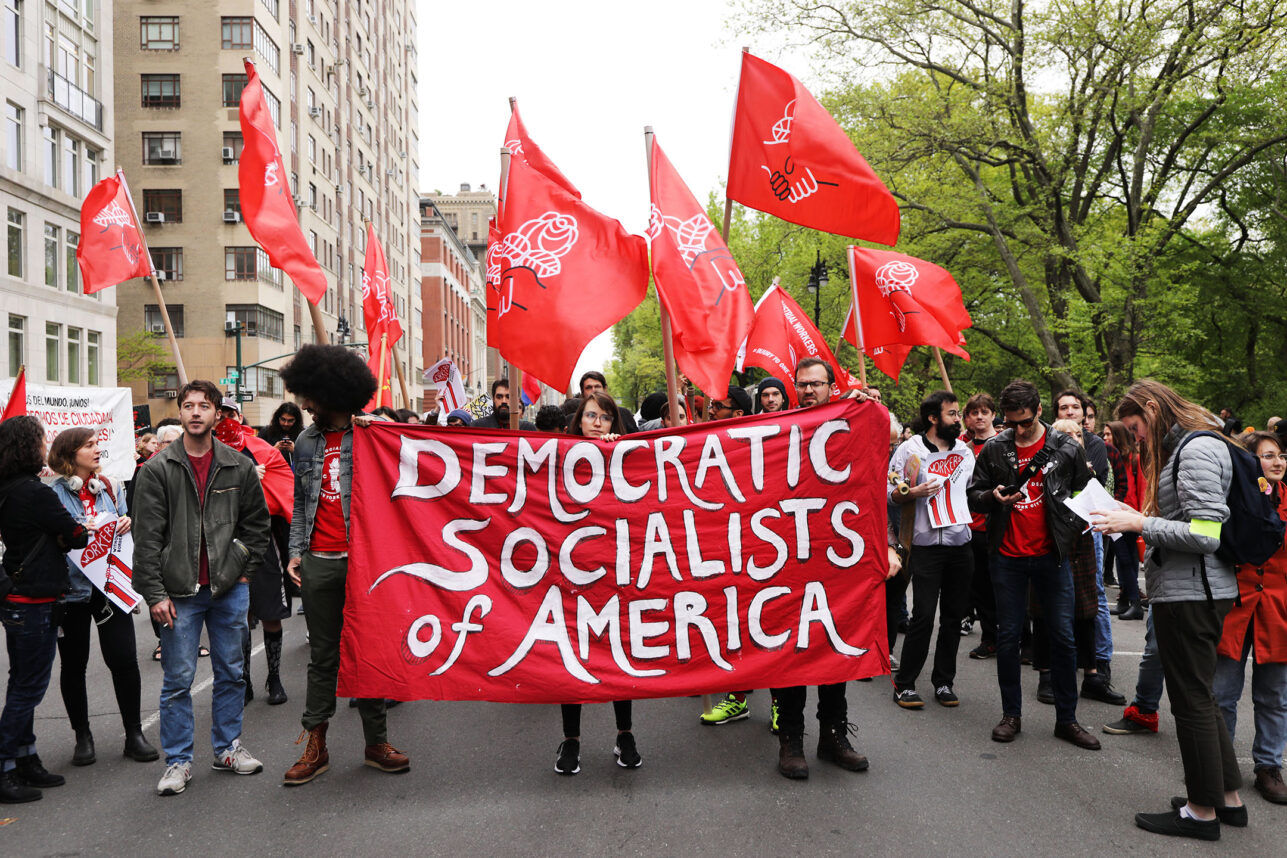
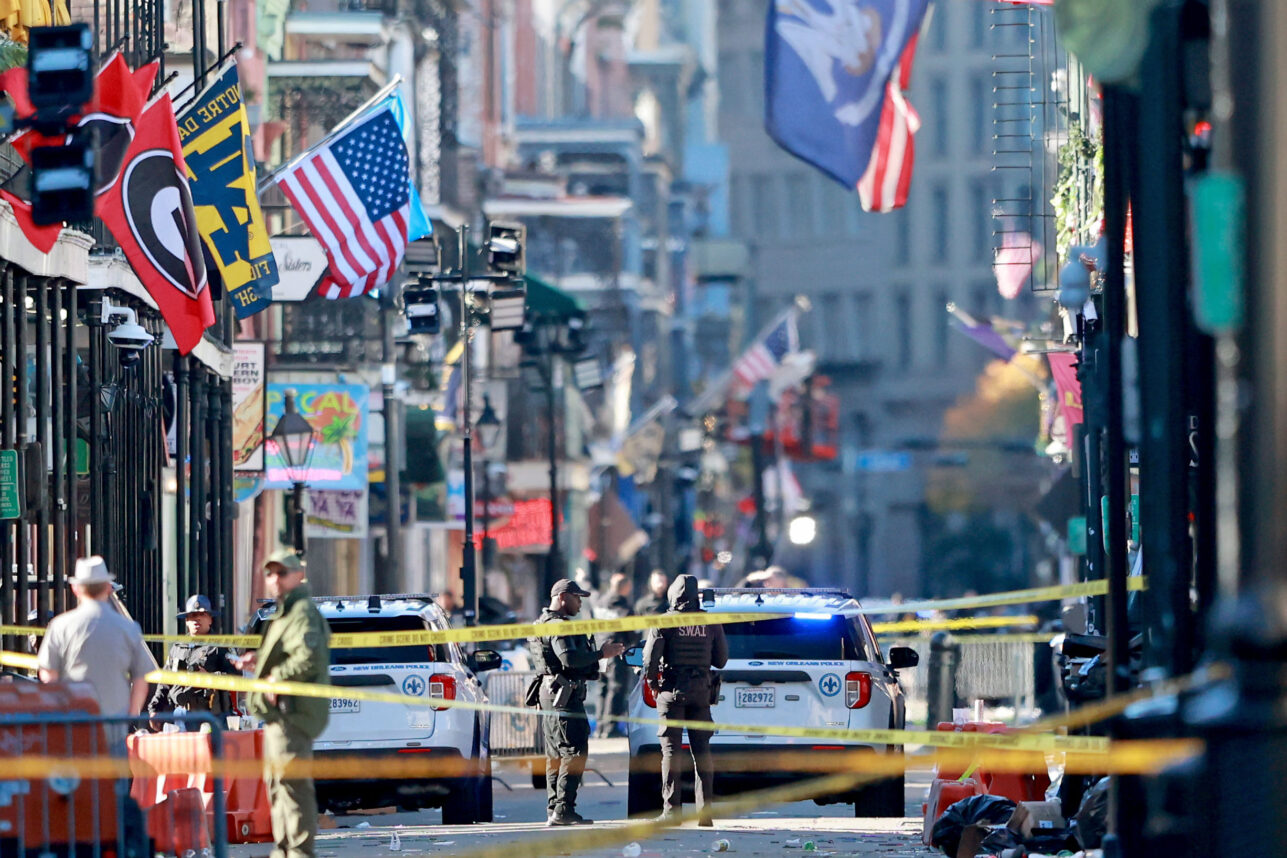
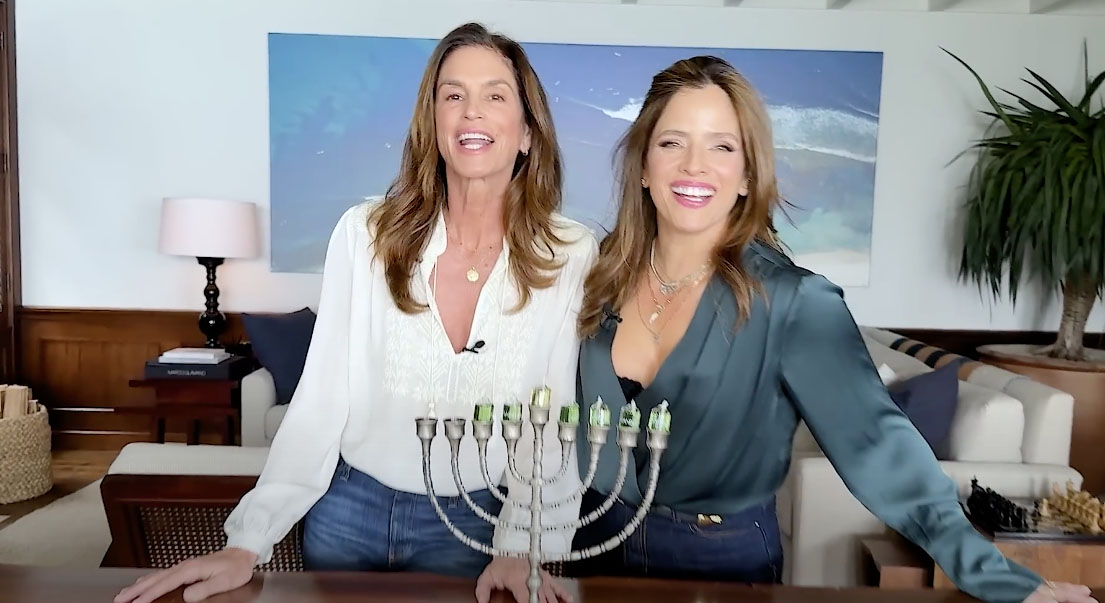
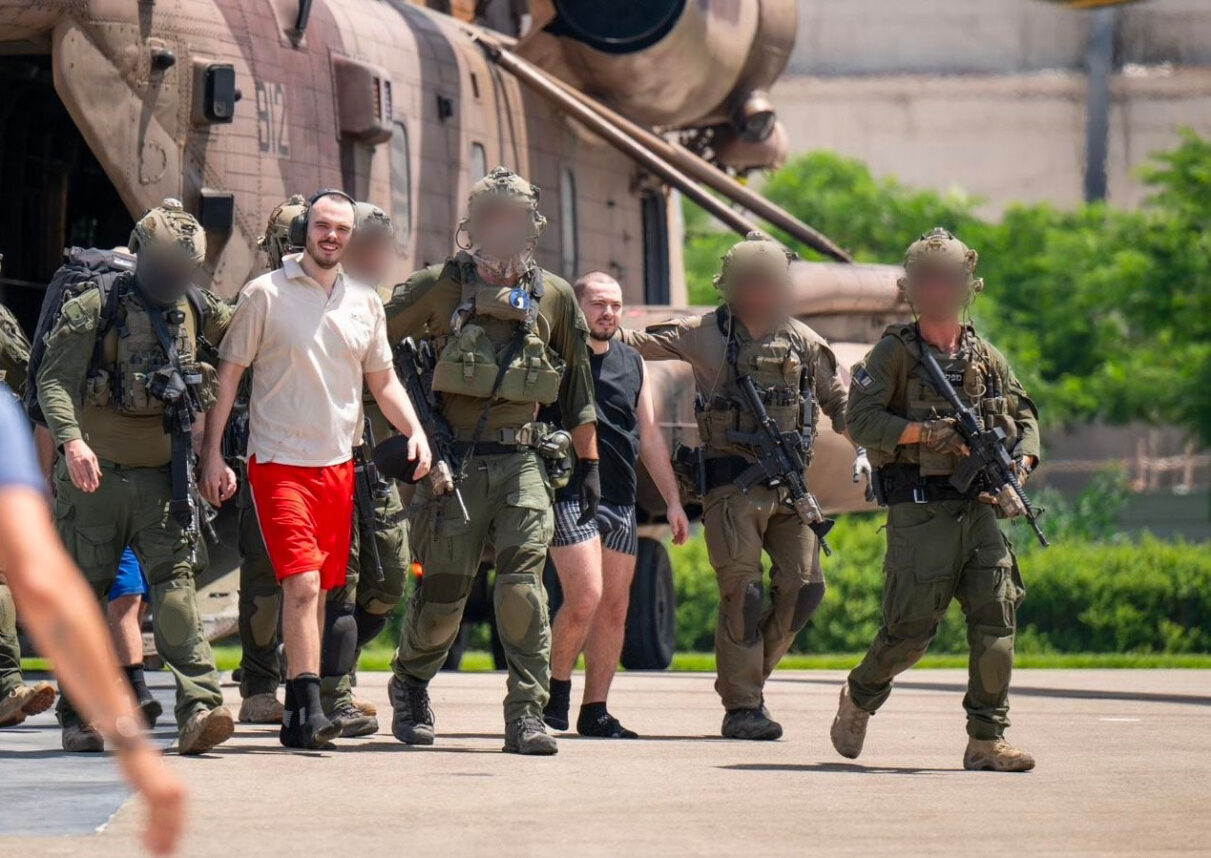
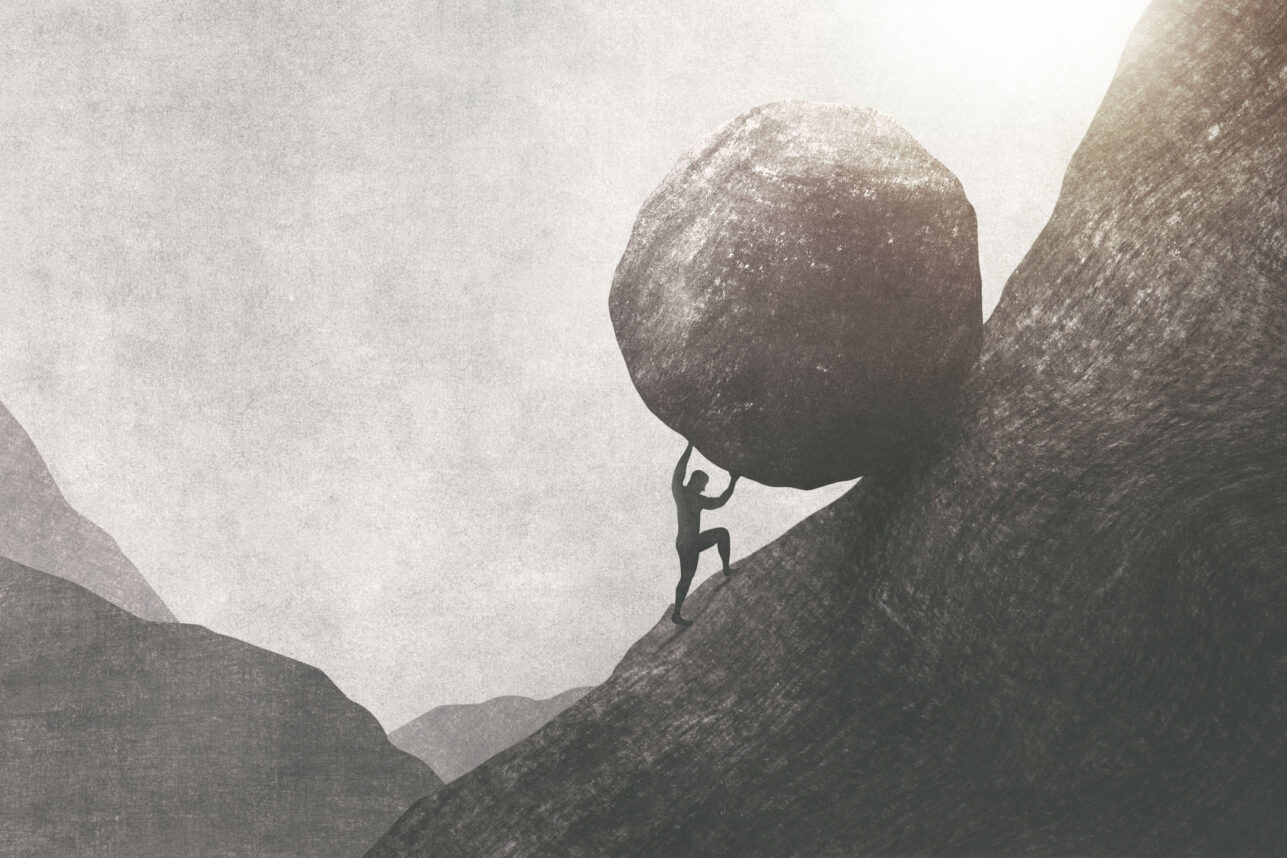










 More news and opinions than at a Shabbat dinner, right in your inbox.
More news and opinions than at a Shabbat dinner, right in your inbox.